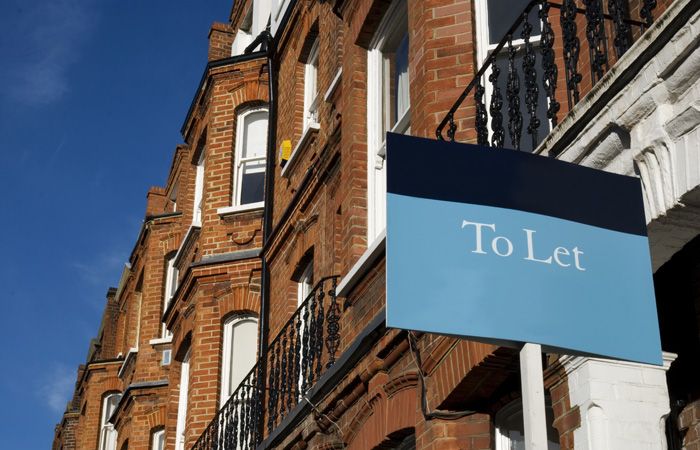
Tenants in the capital would be worse off under Sadiq Khan’s plans for rent controls, according to analysis by the National Residential Landlords Association (NRLA).
The landlord group points to Office for National Statistics data, which it says shows that rents in the capital have fallen by 9.6 per cent in real terms between April 2016, when Khan became mayor, and February 2021.
Given that controls would be likely to peg rent increases to one of the official indices of inflation, this would result in rents rising faster than is currently the case, the NRLA argues.
It says that there was a 3.6 per cent increase in the ONS rental index value from April 2016, when it was 104.7, to February 2021, when it was 108.5.
On the other hand, over the same period it says that retail prices index (RPI) rose 13.2 per cent over the same period from 261.4 to 296.
The consumer prices index including housing costs (CPIH), which the government has said it plans to start using as its official measure of inflation, rose by 8.7 per cent over this time.
It means that rents fell by 9.6 per cent in real terms against the RPI and by 5.1 per cent against the CPIH, the NRLA calculates.
If rents had been tied to inflation tenants would have seen a real terms increase in costs, it argues.
The NRLA highlights a Treasury report from 2010 under the last Labour government, in which the current mayor was a minister, that warned of the devastating impact such a policy would have on inner city housing.
Assessing the impact of rent controls before they were abolished in 1988, the report concluded that they had been a major factor in the “decay of much of the inner city housing stock.”
NRLA chief executive Ben Beadle says: “Rent controls would be a disaster for London as the last Labour government made crystal clear.
“They would mean tenants actually paying higher rents than leaving them to market forces.
“The story of rent controls wherever they have been introduced is that they exacerbate an already serious shortage of available homes.
“Rather than calling for things he cannot deliver, the Mayor should focus on using the powers he already has to boost the supply of available housing, including for private rent.”
But Generation Rent director Alicia Kennedy says: “Rents in London are too high, and bold measures are needed to bring them down.
“In March 2020, an average single-earner family with a baby would be spending 45 per cent of their earnings on rent.
“High rents leave tenants unable to plan for the future or save for a house, and often with little after paying for essentials such as food and bills.
“This must change.
“While caps on rents alone may not reduce prices, more interventionist measures may bring rents down in the capital.
“Generation Rent’s research on rent control in London demonstrates that there is clear support for rent controls which actively bring rents down and are linked to quality, alongside strong enforcement measures.”



